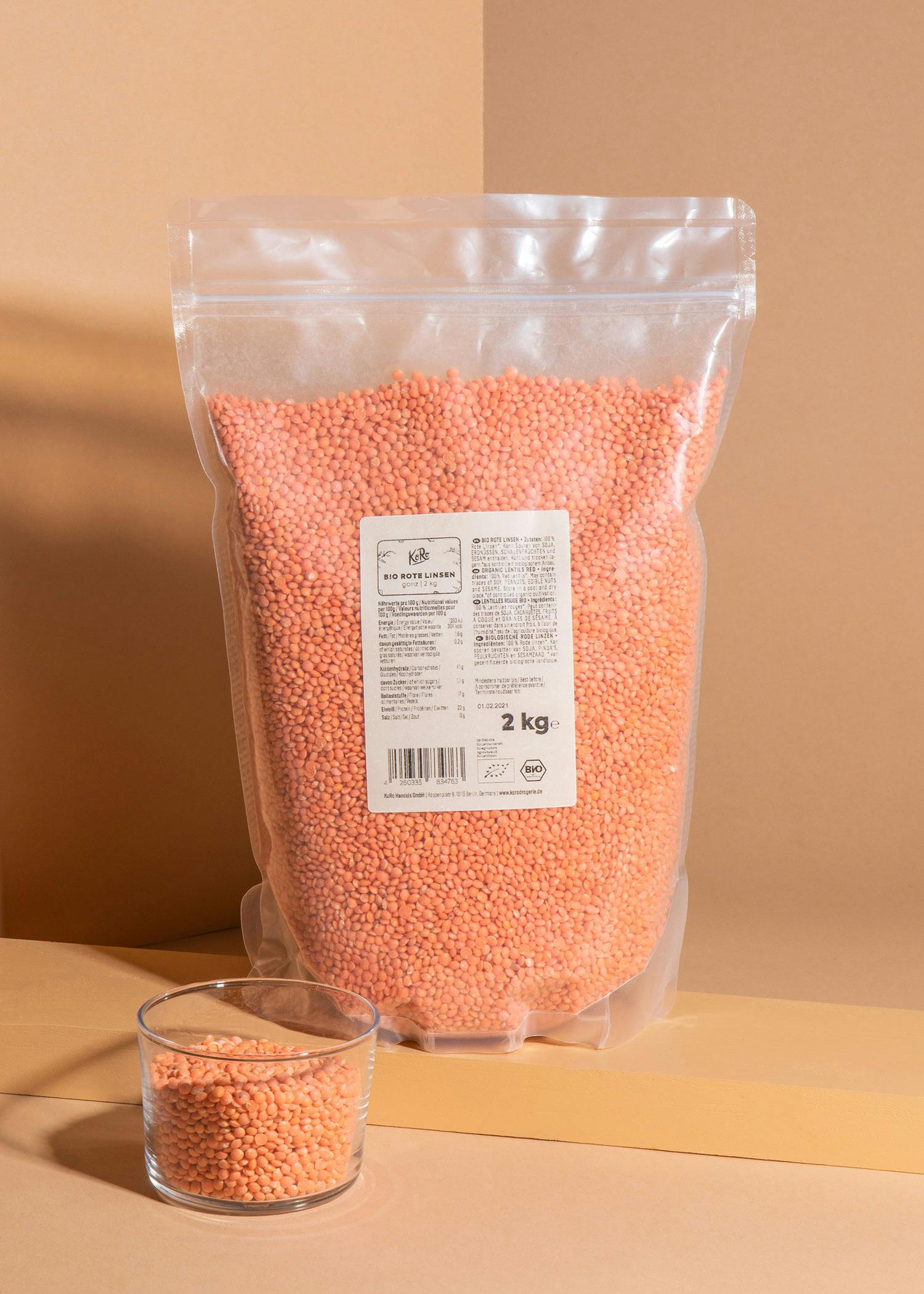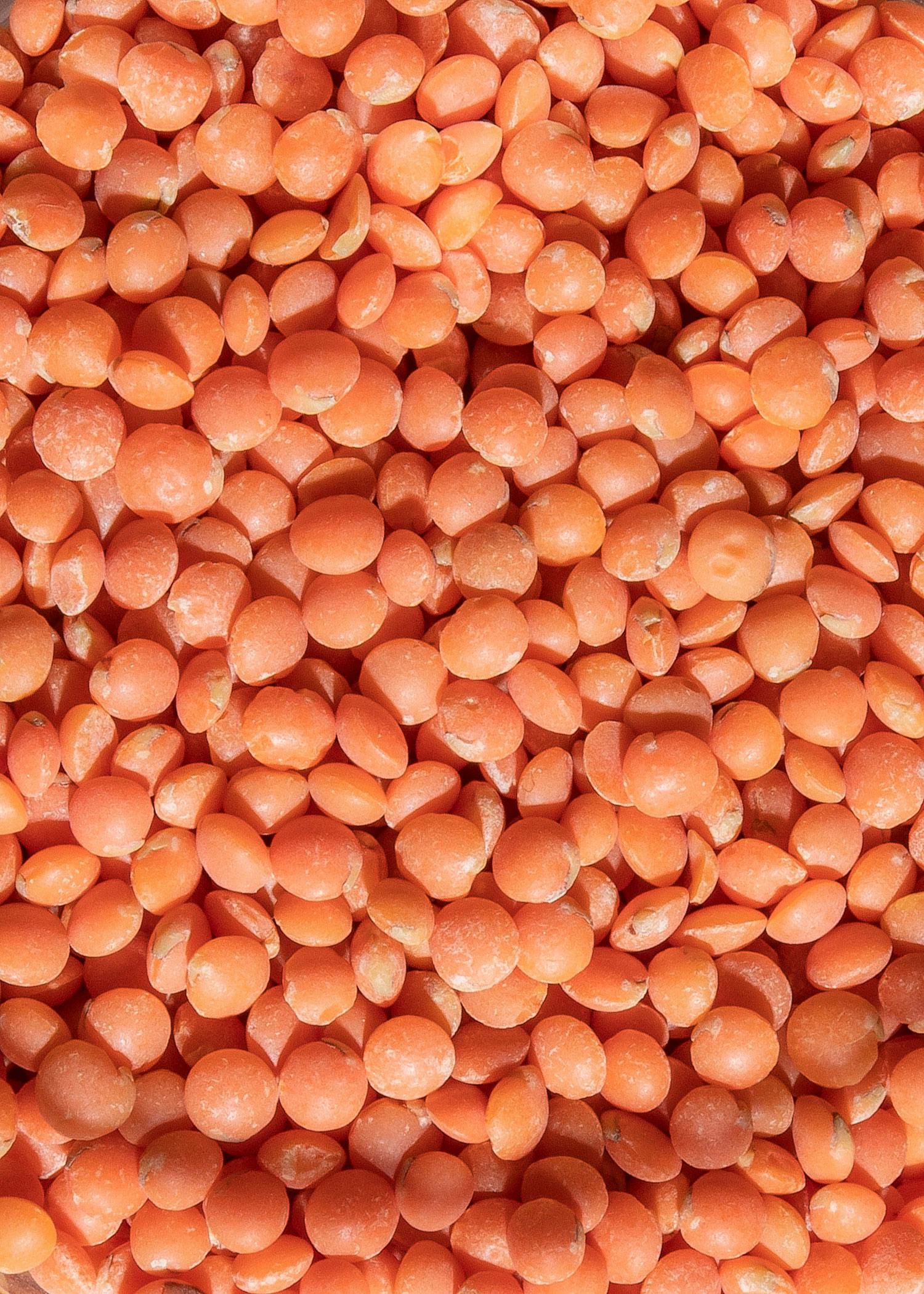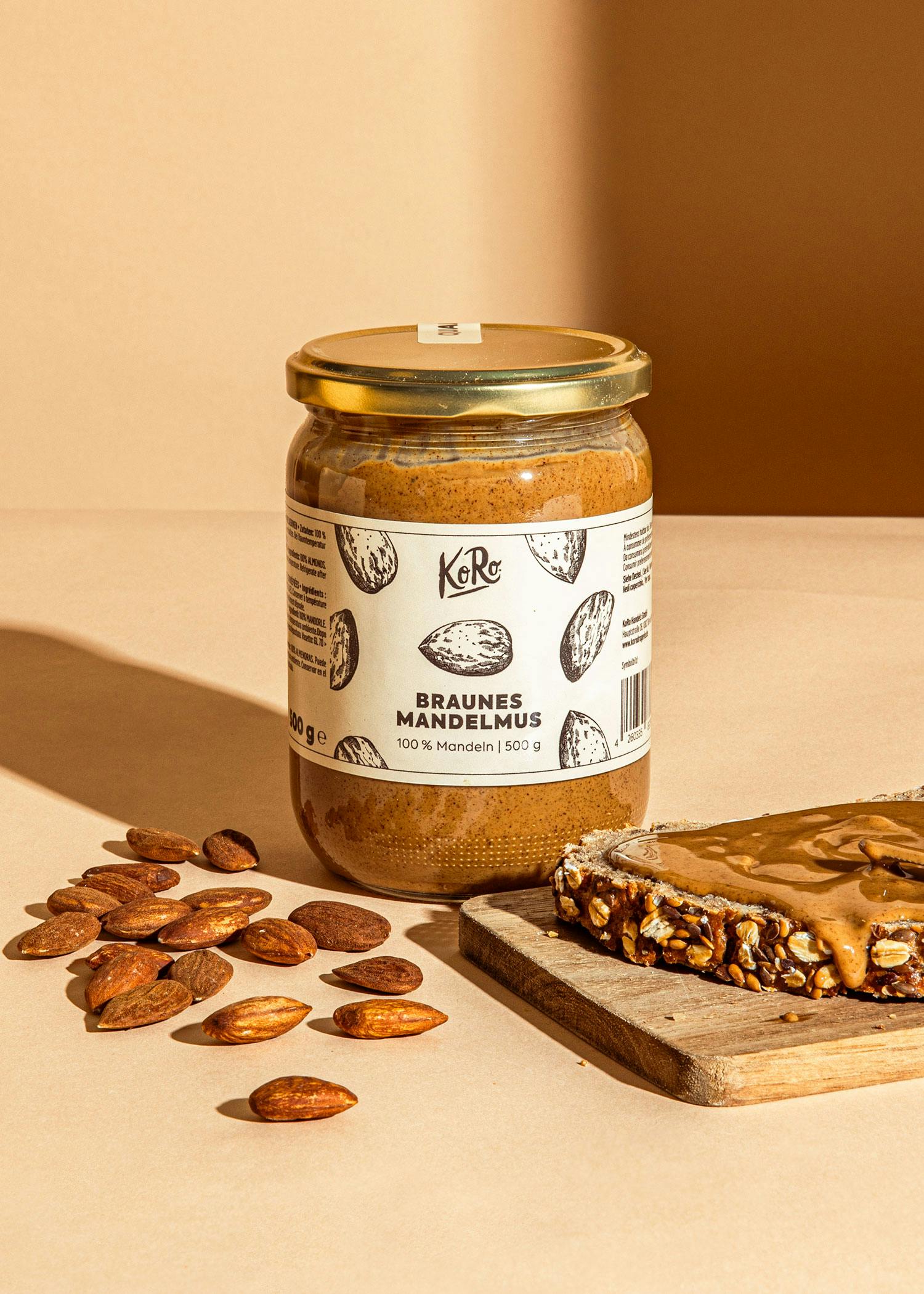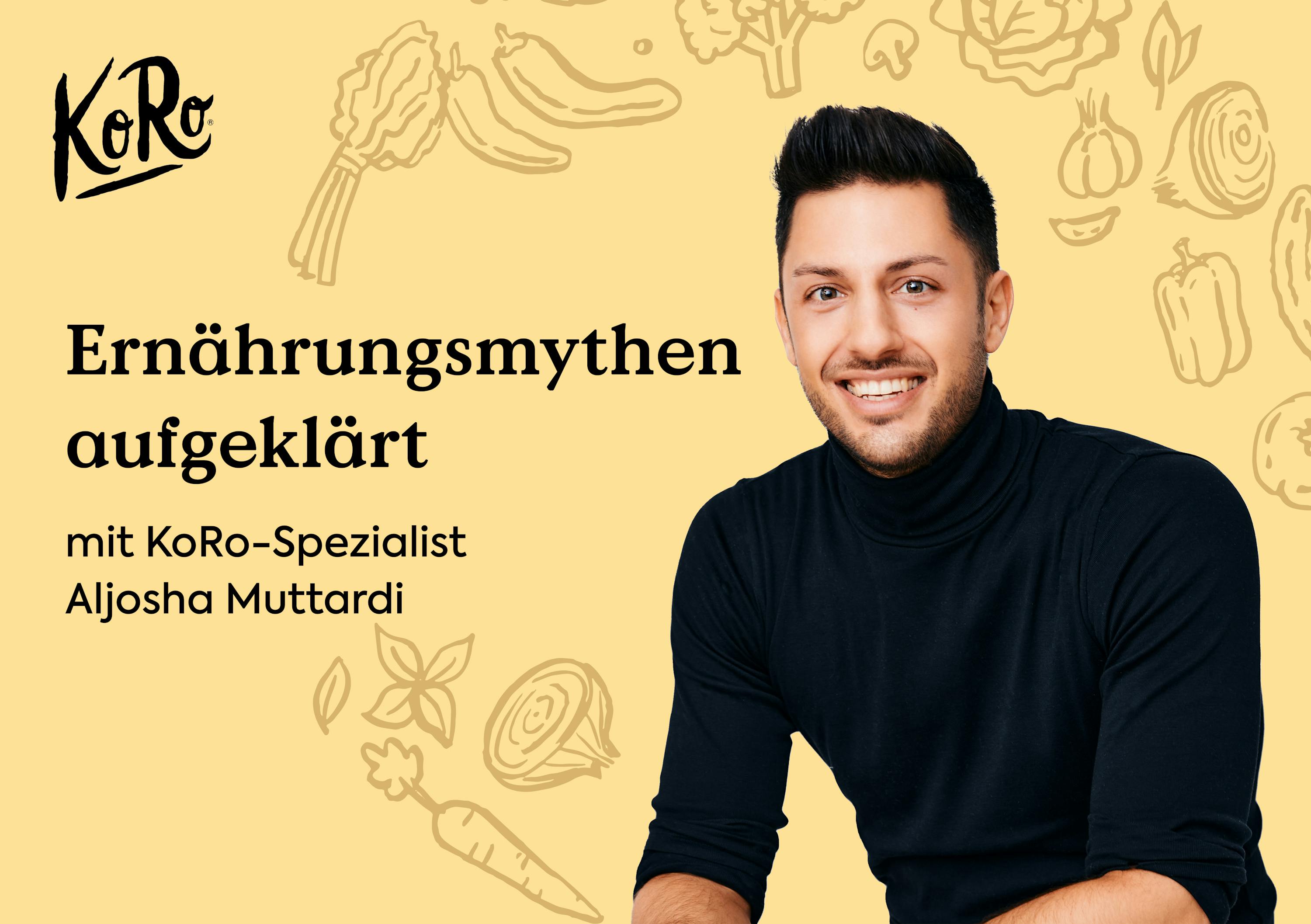
Myth: Meat is full of drugs and hormones!
Is this true? Yes, but: Both the low drug residues and the naturally occurring hormones in muscle meat are most likely harmless to the human body.
Here comes a but: In Germany, a pig weighing up to 110 kg must have at least 0.75 m2 of space.1 To give you an idea: That means up to 133 pigs would fit in a 100 m2 apartment! This cramped space is naturally a breeding ground for disease. The use of antibiotics is therefore virtually "normal" in factory farming and a prophylactic measure, as animals otherwise die too early and no longer fulfill any "benefit". In 2021, 601 tons of antibiotics were used in Germany for cattle, chickens, turkeys and all other animals in factory farming.2
This in turn leads to the major problem of multi-resistant germs. In other words, bacteria that are resistant to the most important main groups of antibiotics. In 2019, the WHO stated that antibiotic-resistant germs are one of the ten threats to global health.3 According to the Robert Koch Institute, 30,000 people die in Europe every year as a result of multidrug-resistant germs.4 To summarize: Yes, drug residues in meat are a problem!
Myth: A vegan diet is unhealthy.
It is not true to say that a vegan diet is unhealthy or can cause malnutrition. In the first instance, veganism is a purely ethical way of life. In other words, it is about boycotting any exploitation of animals and speaking out in favor of alternatives. It's not a diet and it doesn't always have anything to do with the environment. These are positive side effects, but nothing more.
What is meant is a plant-based diet. But what we should be aiming for is a wholefood plant-based diet, which is not only possible at all stages of life (e.g. including pregnancy), but can also offer health benefits.
It is of course important to pay attention to the intake of certain nutrients: B12, for example, is an essential nutrient that you should supplement as a vegan. However, nutrition is not only a very complex topic that all people should generally address, but also something that varies greatly from person to person.
Myth: Vegan meat substitutes are unhealthy.
You've probably heard it before: "Have you ever looked at the list of ingredients in these vegan products? How long is that list? I'm not putting that in my body!"
First of all: veganism is a purely ethical movement. It's about boycotting all animal suffering and speaking out in favor of alternatives.
Now to the topic: Meat alternatives are primarily about making it easier for people to switch to veganism. Most meat alternatives consist of a protein base, for example peas and soy. Then we need a flavor carrier, such as rapeseed oil or sunflower oil. Then we usually add spices and/or flavor enhancers. And as is almost always the case in life: the dose makes the poison!
Of course, we should not only eat meat alternatives every day, but also eat lots of fresh fruit and vegetables and few processed products. But if you look at processed meat, such as sausage, the WHO and the International Agency for Research on Cancer have found, for example, that daily consumption increases the risk of developing colorectal cancer by 18%.5 6
In summary, it can be said that vegan alternative products are an ethical alternative, but not a healthy one. So try to eat lots of fresh fruit, vegetables, wholegrain products and fewer processed products.
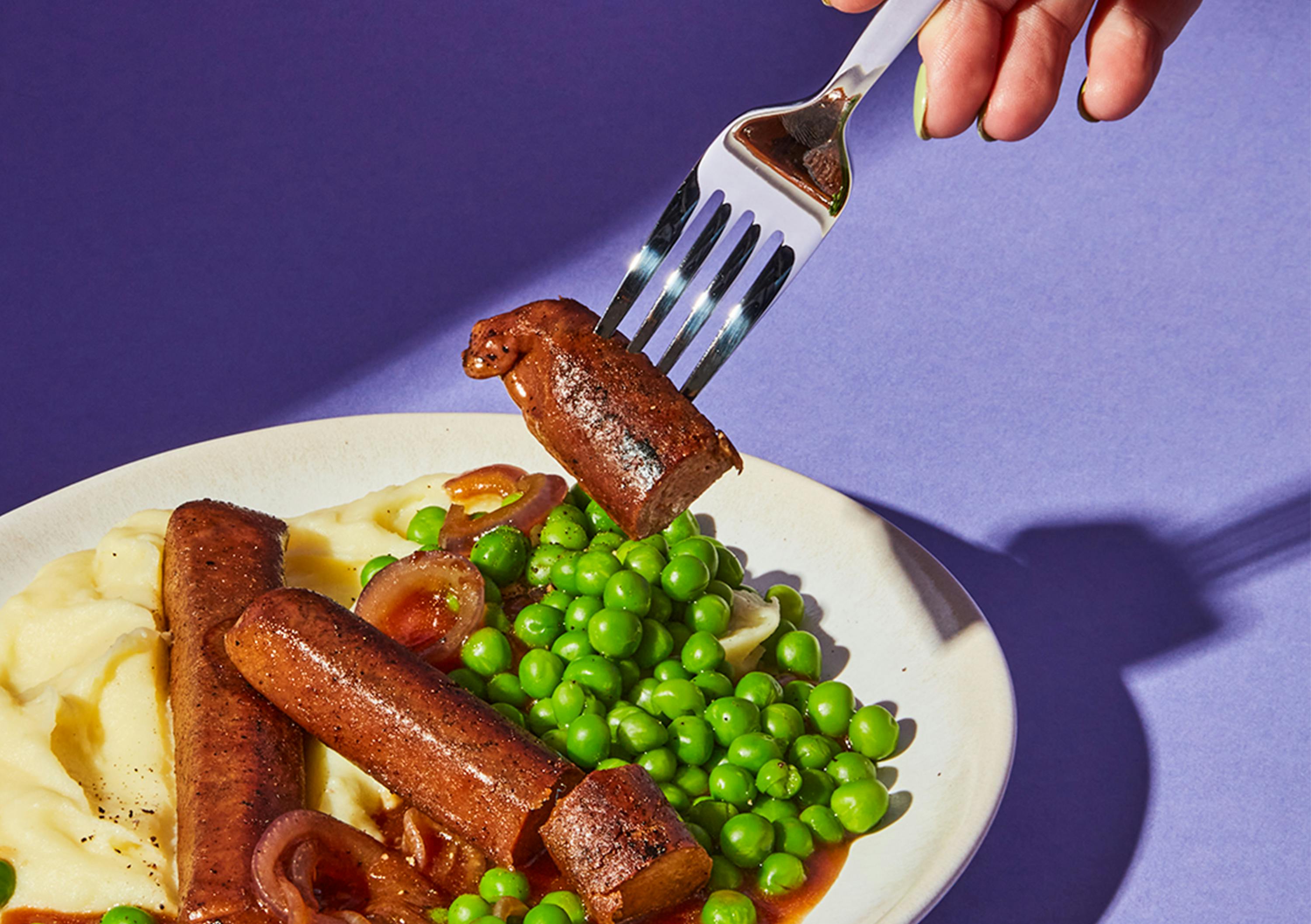
This vegan organic bratwurst also satisfies your appetite for hearty food.
Myth: Vegans lack protein.
"Ah, you're vegan - aren't you missing out on protein? Don't vegan proteins also have inferior quality?" Okay, slowly! One thing at a time!
Proteins consist of essential and non-essential amino acids. We have to obtain the essential ones externally through food because the body cannot produce them itself. This is not necessary for the non-essential ones. All amino acids originally come from plants. So the all-clear: if you live a vegan lifestyle, the average adult can normally cover their protein requirements without any problems7. However, as every body is different, this can vary from person to person.
The quality of protein refers to its biological value. This means the efficiency with which the body can convert the proteins into the body's own proteins. The more similar foods are to the body's own proteins (i.e. animal proteins), the higher the quality because they are more efficient.
"So that means that plant-based protein sources are inefficient and therefore worse, right?" No, of course not. By combining plant-based foods, we cover the amino acid spectrum of essential amino acids well. As a rule, our food should be colorful anyway and we should combine plant-based foods.8
The German Nutrition Society recommends 0.8 to 1 g of protein per kilogram of body weight per day. Very good plant-based sources of protein are
- Soybeans (34 g protein/100 g)
- Lentils (24 g protein/100 g)
- Peas (23 g protein/100 g)
- Almonds (25 g protein/100 g)
- Pumpkin seeds (35 g protein/100 g)
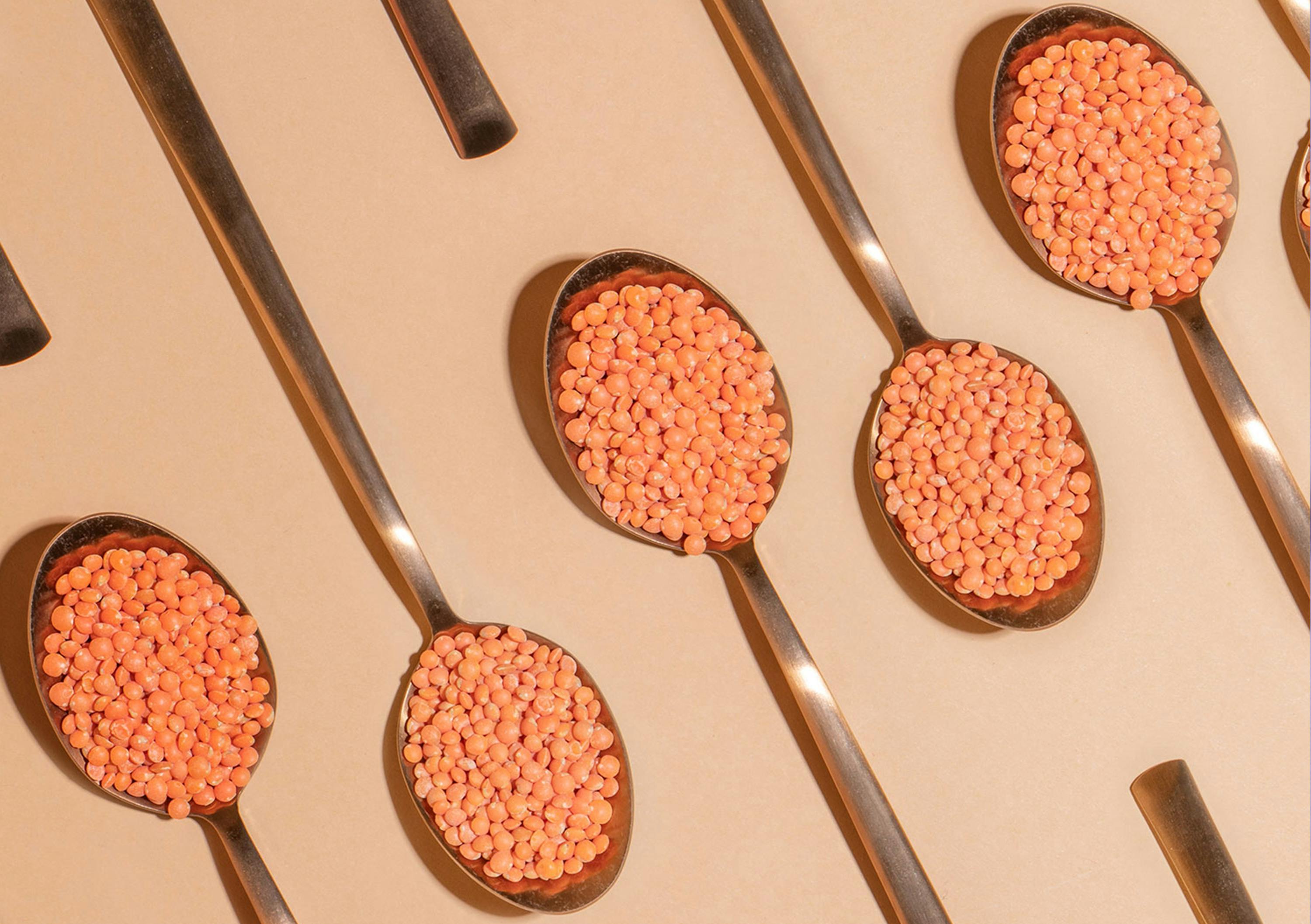
Protein power: red lentils
You should try to include these five food groups in your diet every day
Of course, this is just an overview and no guarantee of a healthy diet:
- Relatively easy but also very, very important: lots of fresh fruit!
- Goes hand in hand with it: fresh vegetables! We eat far too little of both in Germany. The German Nutrition Society recommends "five a day". What does that mean? Five portions of fruit and vegetables a day, roughly five handfuls. This is only a recommendation, but in my opinion it is also a good guide to how much fruit and vegetables we should actually eat per day.
- Wholemeal products come in third place. As the name suggests, they contain the whole grain. This means that the husk is left on the grain, as it contains secondary plant substances and fiber.
- Then there are pulses, such as lentils or beans. You probably know the saying: every little bean makes a little sound. Meaning: fart alert! This is because pulses contain a lot of fiber, which is good for intestinal health. They also contain a lot of protein and are generally rich in nutrients. So try to include pulses in your diet every day.
- And finally: Nuts and seeds. You can use nut butter or spice up your salad with nuts and seeds. They are rich in unsaturated fatty acids, protein, B vitamins and minerals.
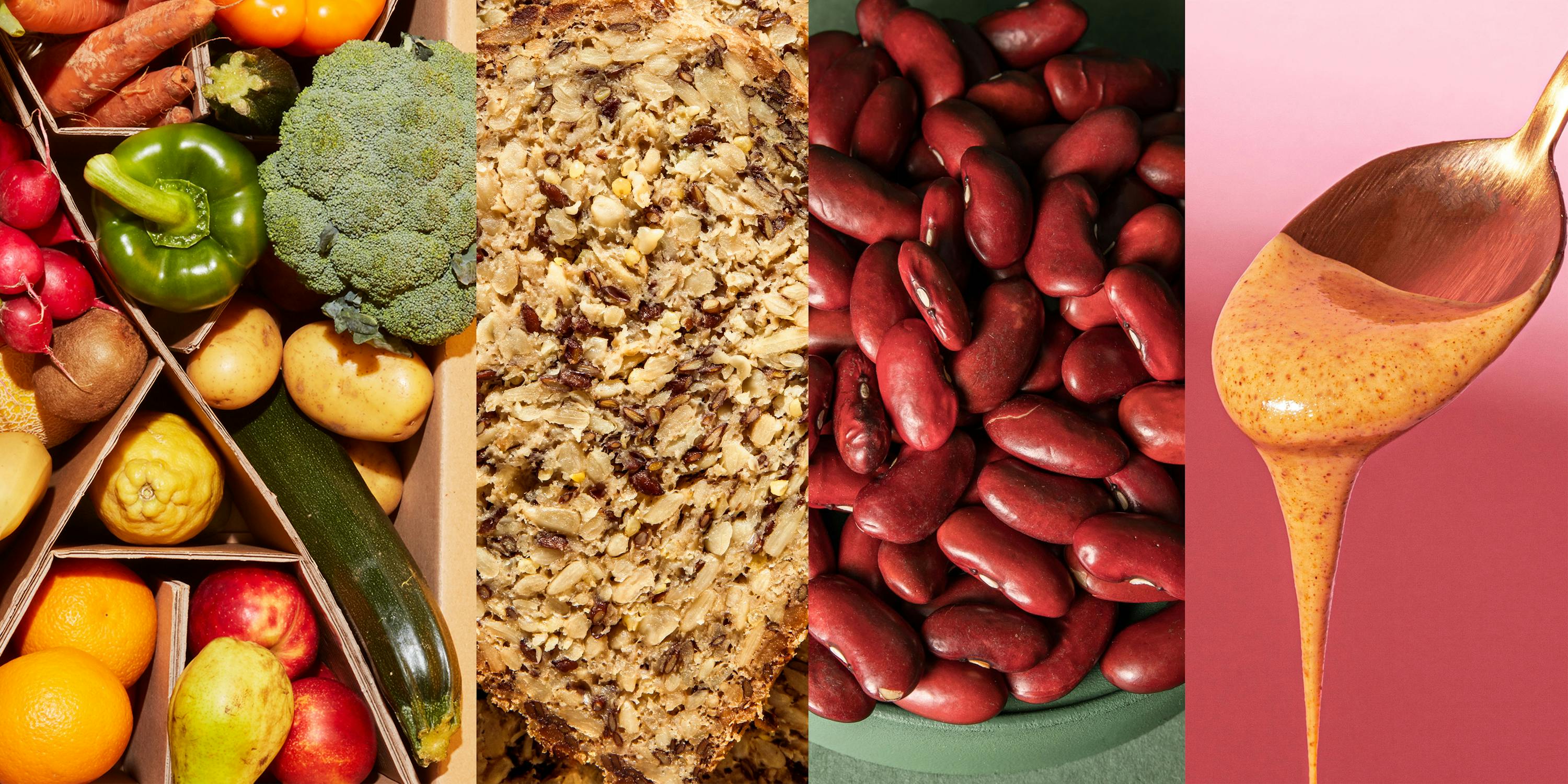
The important food groups: Fruit and vegetables, wholegrain products, pulses and nuts and seeds.
Sources
1 https://www.bmel.de/DE/themen/tiere/nutztiere/schweine/schweine.html
2 https://www.peta.de/themen/antibiotika-massentierhaltung/#:~:text=und%20routinem%C3%A4%C3%9Fige%20Anwendung.-,Wie%20viele%20Antibiotika%20werden%20ein%20der%20Massiventierhaltung%20ein eingesetzt%3F,zum%20Vorjahr%20wieder%20leicht%20an.
3https://www.who.int/news-room/spotlight/ten-threats-to-global-health-in-2019
4 https://www.rki.de/SharedDocs/FAQ/Krankenhausinfektionen-und-Antibiotikaresistenz/FAQ_Liste.html
5 https://www.aerzteblatt.de/nachrichten/64572/WHO-Behoerde-stuft-rotes-Fleisch-und-Wurst-als-krebserregend-ein
6 https://www.verbraucherzentrale.de/wissen/lebensmittel/lebensmittelproduktion/who-verarbeitetes-fleisch-krebserregend-12300
7 https://www.dge.de/gesunde-ernaehrung/faq/faqs-vegane-ernaerung/#c3370
8 https://www.dge.de/gesunde-ernaehrung/faq/faqs-vegane-ernaerung/#:~:text=Protein%20applies%20to%20vegan%20food%C3%food,vegan%20food%C3%food%20can%20be%20guaranteed%C3%food
